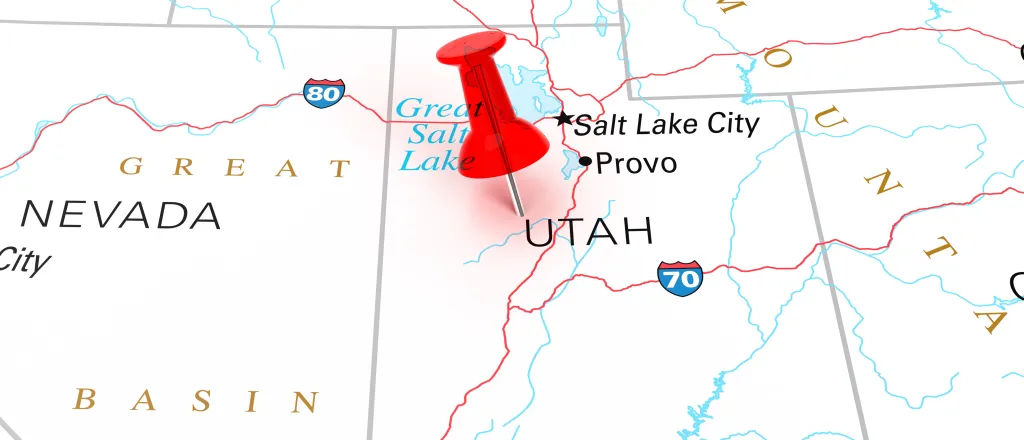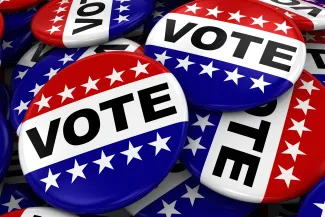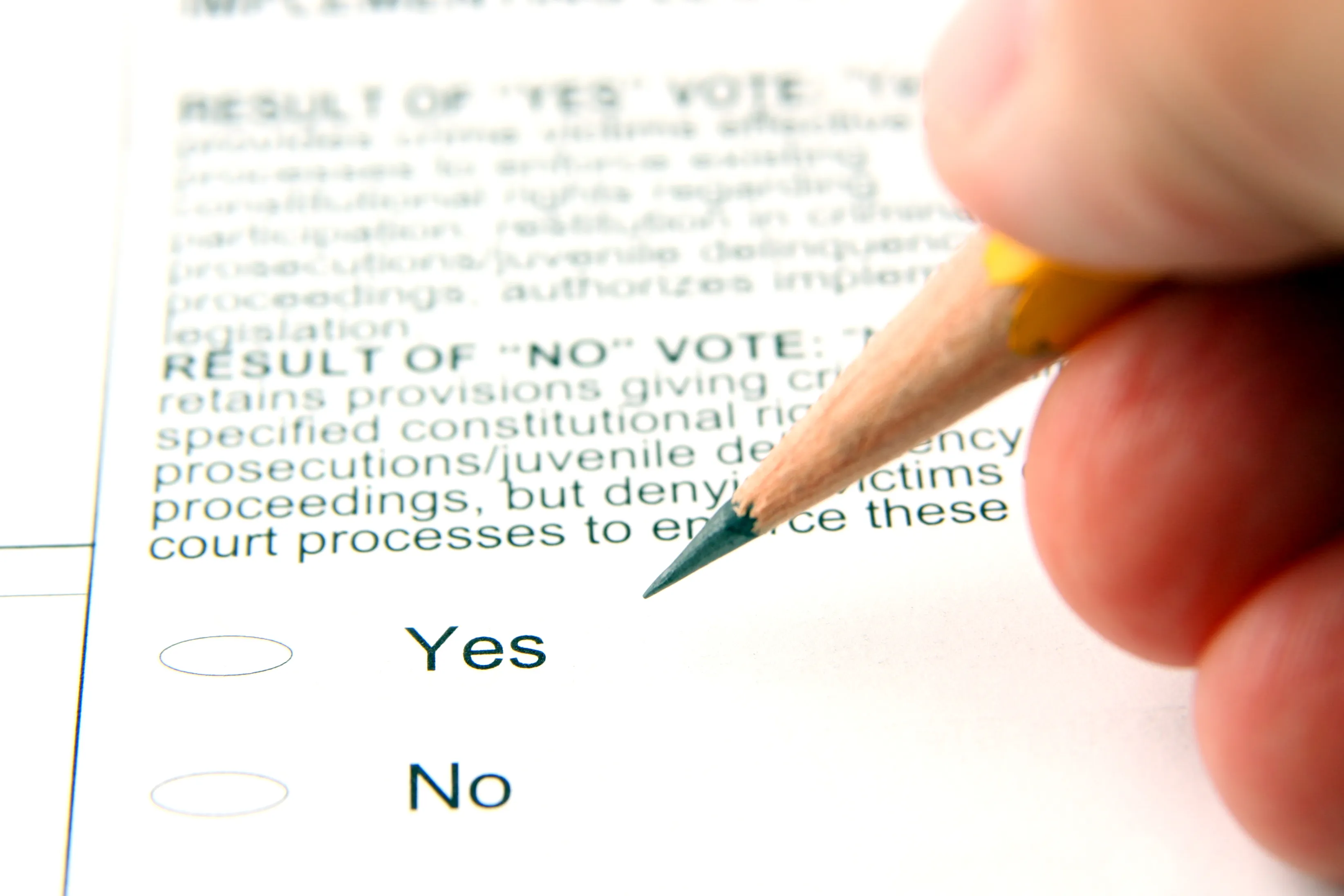
Report: What Utah voters should know about this year's amendments
Click play to listen to this article.
(Utah News Connection) Voting may be a bit more confusing than expected in Utah this year, as two of the four amendments on the ballot have now been voided.
The Utah Supreme Court nixed Amendment D, which would have allowed state lawmakers the power to change voter initiatives and prohibit "foreign influence in the initiative process." And this week, a Third District Court judge also voided Amendment A, which would have allowed state income taxes to be used for needs other than public education.

© iStock
A new report from the Utah Foundation examines each of the four amendments. Annalisa Holcombe, the foundation's board chair, said information is power, especially around election time "because we know how important it is to provide clarity around public policy issues that affect us and the state of Utah as voters, and to have an independent, nonpartisan view of these amendments."
Amendments A and D will remain on the ballot, but won't be counted. Instead, voters will weigh in on Amendments B and C. Amendment B would increase the limit on annual distributions from the State School Fund to public schools from 4 percent to 5 percent, and Amendment C would require counties to elect a sheriff every four years. Both face little to no opposition.
Utah Foundation President Shawn Teigen described some of the information surrounding the amendments as "misleading" and unclear about the real issues at hand. Teigen said the topics of both Amendments A and D are likely to make a comeback in the future, and encourages people to learn more about these issues now.
"There's a chance to educate some folks here, to give people a little bit of information," he said, "so that when and if these come back that we'll have something to fall back on, in terms of some past education."
The report also explains that enacting amendments and changing the Utah Constitution is a long and complex process. Constitutional amendments have to pass the Utah Legislature by 66 percent and then be ratified by 50 percent of the public. By contrast, most Utah laws pass with a simple majority of legislators.

















